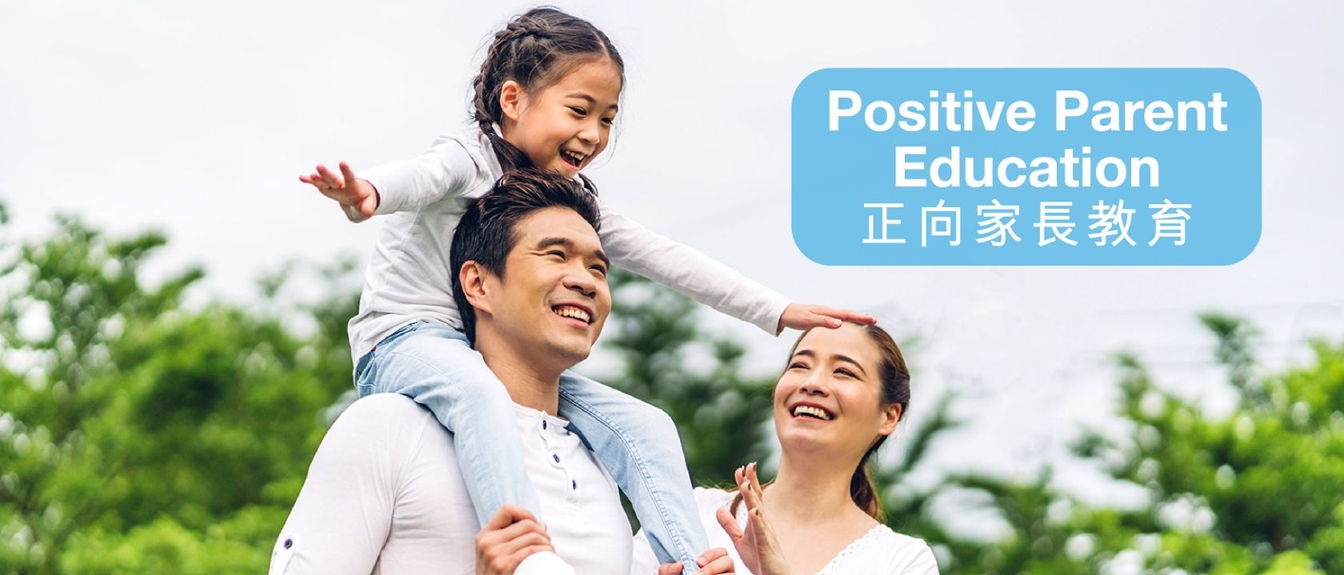
Free Play in Early Years among Families in Hong Kong
Early Childhood Education Theatre
Overview
Free play is an unstructured and child-initiated activity in which children can choose their own tools and ways to play. Research studies have shown that free play might help children’s emotional and social development, and promote higher-order thinking skills (e.g. Sim & Xu, 2017). While free play has displayed many benefits to children’s developmental outcomes, the question ‘are we ready for free play’ has been frequently raised, especially in the Asian culture where obedience and conformity are highly valued.
The speakers are going to present a research study conducting in Hong Kong which has explored the parent-child interaction during free play. With the participants’ consent, 103 parent-child dyads had participated and their interaction during free play was being analysed. The findings showed that parents tend to direct and interfere with children’s play frequently, which showed a need to promote the understanding of free play.
In this connection, the speakers will share their experience of a community project to promote free play in school and community settings, and their findings from the project. The speakers will also suggest ways to enrich the environment and discuss the roles of adults to facilitate free play. Among a sample of 103 pairs of parents and children (Mage = 47.05 months, SD =3.58 months), the interactions of the parent-child dyad in free play have been transcribed, coded, and analysed using a validated coding scheme. The findings revealed that parents in Hong Kong have used a high proportion of directive languages among other categories of talk in the coding scheme, such as neutral talk, questions, and praises. The parental linguistic among parents with higher rates of direct commands also demonstrated poorer linguistic quality in their language. Their children’s language outputs have significantly lower level of lexical diversity and language complexity. The findings have illustrated a unique parenting style among parents in Hong Kong and provided evidence on implications for interventions on parent-child interaction strategies and the importance of promoting free play.
Participants of this seminar will understand:
1. the needs to strengthen the parent-child positive interaction strategies and non-directive languages during free play;
2. the experience of a community project in promoting free play in school and community settings; and
3. the ways to provide diverse experience through enriched materials and environment for free play in school and community settings


